| India's rice export ban could lead to food price speculation Global rice price shock and food security in ASEAN |
On the sidelines of the 13th WTO Ministerial Conference (MC13) on February 26 in the UAE, the G-33 countries, a coalition of developing countries known as the “Friends of Specialty Products” in agriculture, called for a lasting solution to public stockpiling for food security in a ministerial statement on agricultural trade negotiations issued on February 25.
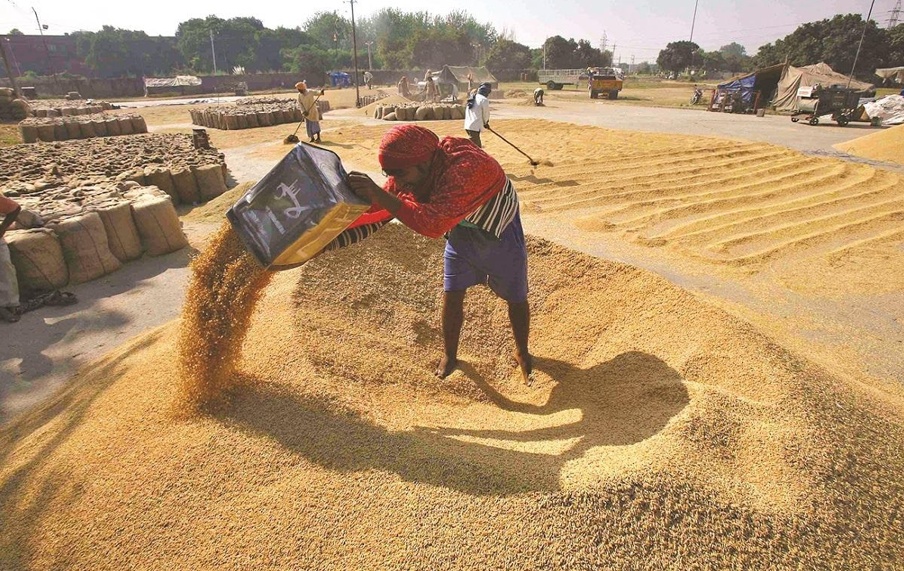 |
| Illustration |
The statement highlighted the important role of public reserves in ensuring food security and livelihoods, rural development and supporting low-income or resource-poor producers in developing countries, including least developed countries (LDCs) and net food-importing developing countries (NFIDCs). India, China, Indonesia and others made up the group of 47 countries seeking flexibility in opening their markets for agriculture.
For the MC13 Conference, which begins on February 26, trade ministers from 164 economies meet in Abu Dhabi to address a range of topics, including agriculture, fisheries and the relationship between trade and sustainable development.
The G-33 statement also expressed disappointment at the lack of progress in agricultural trade negotiations and the failure to complete the work from previous conferences. The statement reiterated the right of developing countries to the special safeguard mechanism (SSM) to protect against increased imports or price declines, supporting the decision on SSM of the 14th WTO Ministerial Conference.
The statement said it was ready to consider the African Group's submission on the SSM issue, which addressed most of the interests of developing country members in a fair and balanced manner.
The G33 statement also stressed the importance of maintaining special and differential treatment for developing countries in the WTO, stressing that non-trade concerns must be considered in agricultural trade negotiations.
The G33 group of developing countries called for an outcome on public stocks for food security purposes based on a joint proposal from some 80 members, including those from the African Group, which had previously submitted. The group also highlighted the right of developing members to the Special Safeguard Mechanism (SSM) as an important tool against large import surges or sudden price drops.
The vast majority of members recognise the particular importance of public stockholding for food security purposes for developing country members, including LDCs and NFIDCs (net food-importing developing countries), in meeting their food security and livelihood, as well as rural development, needs, including supporting low-income or resource-poor producers.
A permanent solution is important for many other developing countries because it would legitimize higher subsidies for commodity stockpiling programs. A peace clause agreed at the WTO's Bali Ministerial Conference in 2013 gives many developing countries immunity from legal action from other members if subsidies exceed limits. But it is limited to programs in place in 2013 and has many difficult conditions. Developing countries want the legality to be built into the WTO's Agreement on Agriculture through a permanent solution.
Countries expressed deep concern over FAO’s projection that nearly 600 million people will be chronically undernourished by 2030 and that hunger will increase significantly among Africans. The G33 expressed its commitment to advance agricultural trade negotiations in good faith, including after WTO MC13, to redress imbalances in the Agreement on Agriculture and address the unique food security challenges of developing members, including LDCs and NFIDCs.
The G33 firmly asserts that Special and Differential Treatment for developing country members, including LDCs and NFIDCs, must be preserved in the WTO and its agreements, and that members' non-trade concerns must always be taken into account in agricultural trade negotiations.
Source


![[Photo] Special relics at the Vietnam Military History Museum associated with the heroic April 30th](https://vstatic.vietnam.vn/vietnam/resource/IMAGE/2025/4/3/a49d65b17b804e398de42bc2caba8368)
![[Photo] General Secretary To Lam receives Japanese Ambassador to Vietnam Ito Naoki](https://vstatic.vietnam.vn/vietnam/resource/IMAGE/2025/4/3/3a5d233bc09d4928ac9bfed97674be98)

![[Photo] Moment of love: Myanmar people are moved to thank Vietnamese soldiers](https://vstatic.vietnam.vn/vietnam/resource/IMAGE/2025/4/3/9b2e07196eb14aa5aacb1bc9e067ae6f)


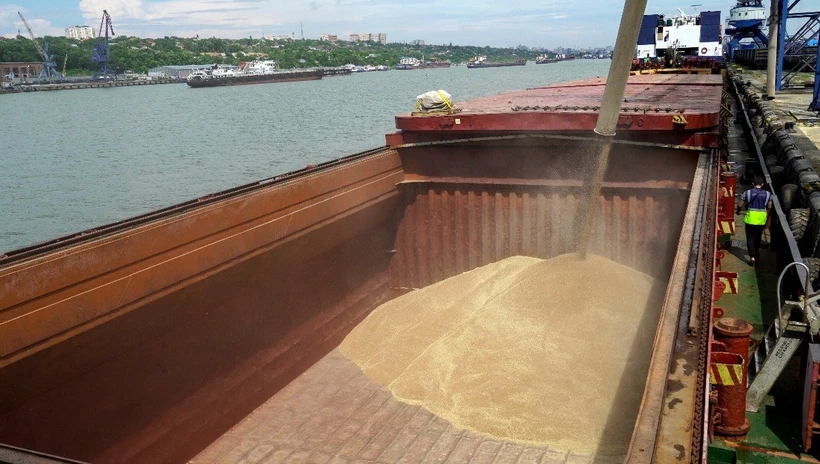

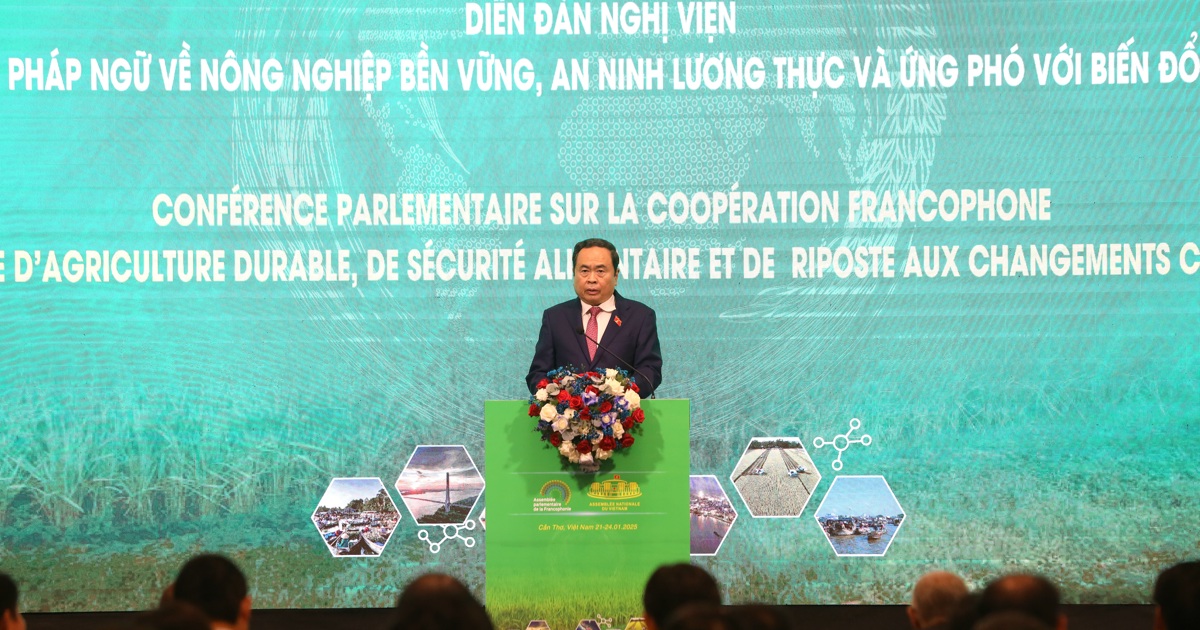

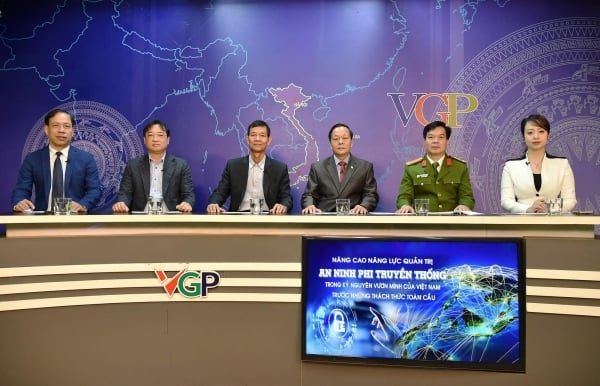

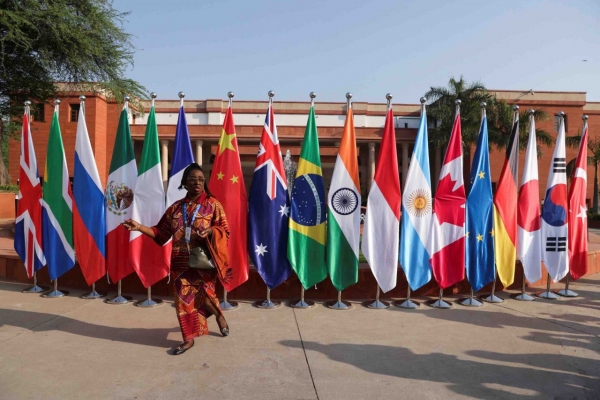
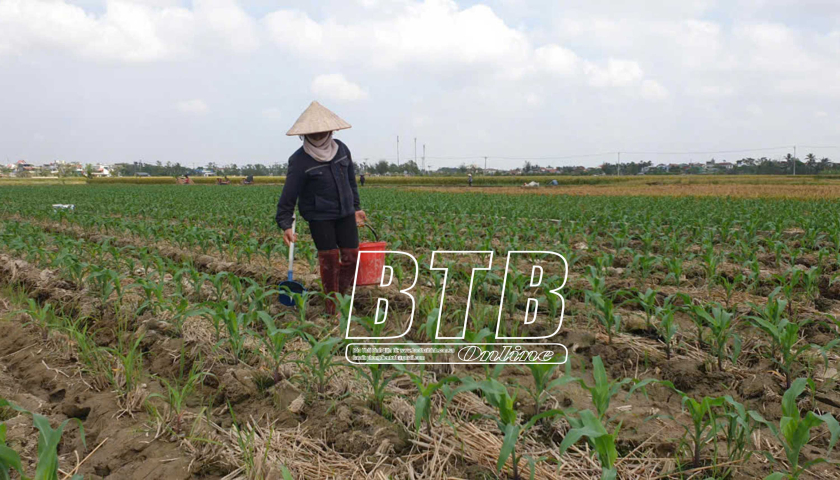

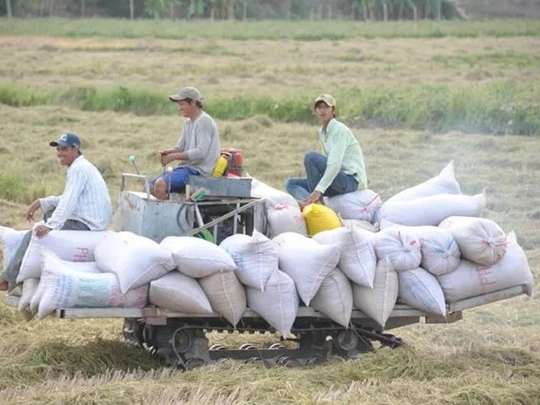

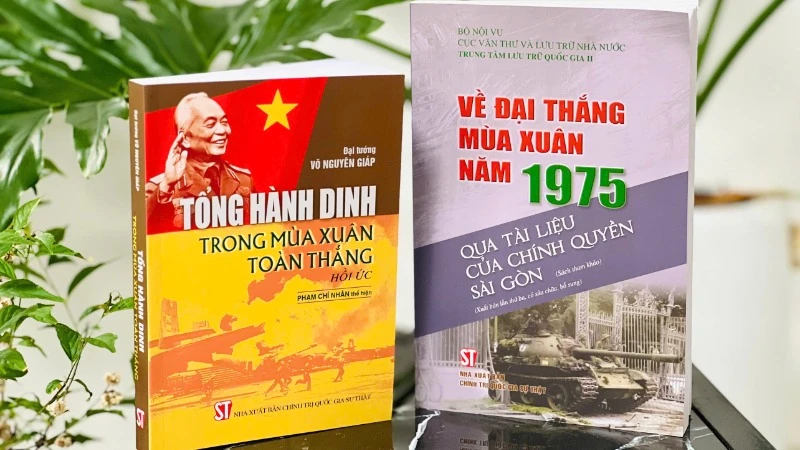


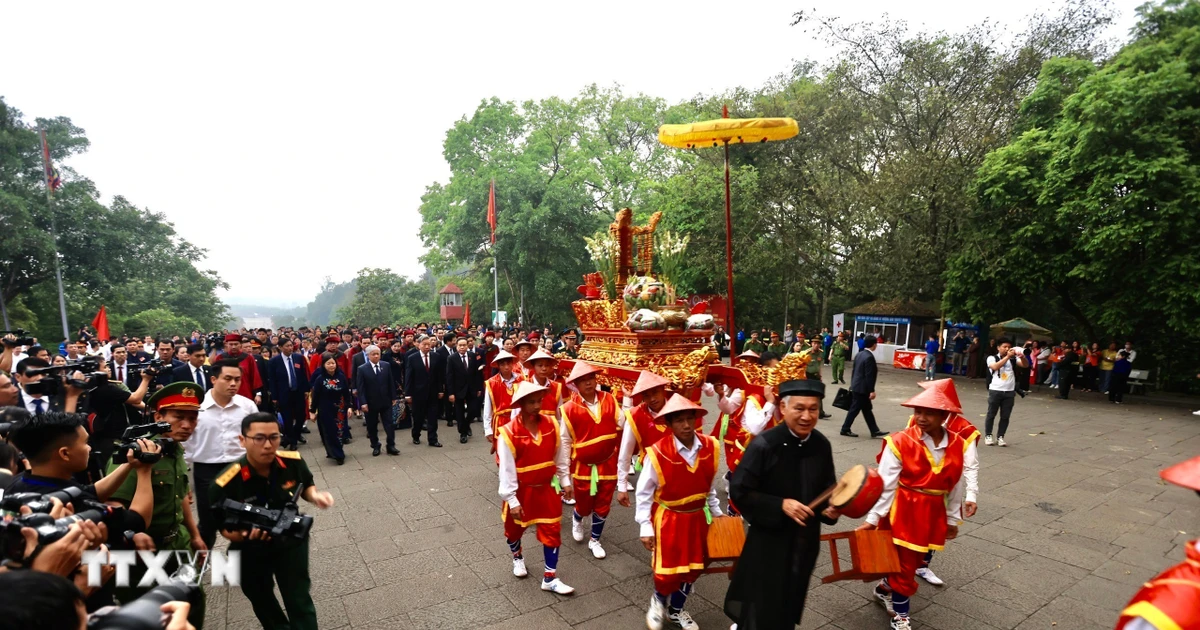
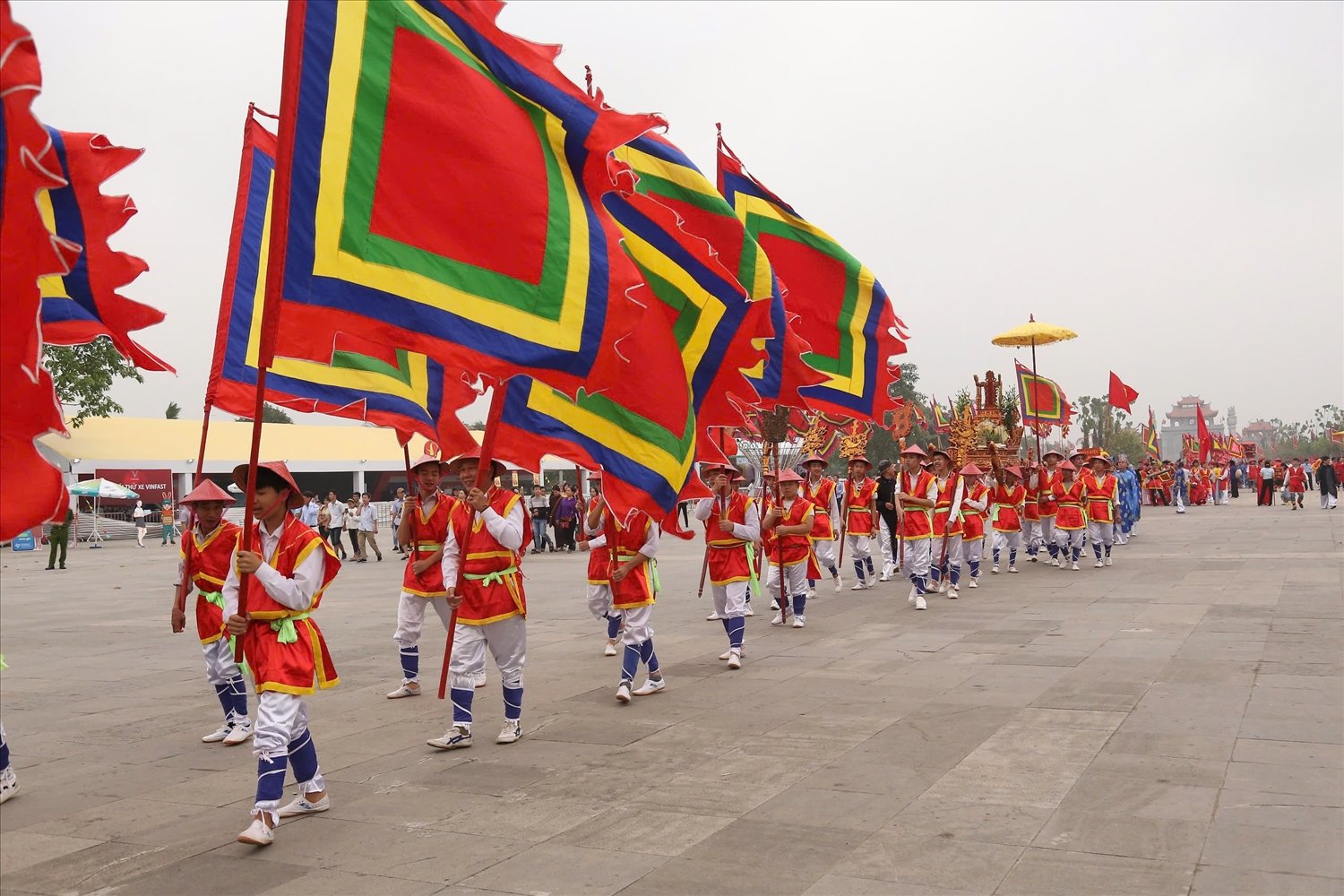
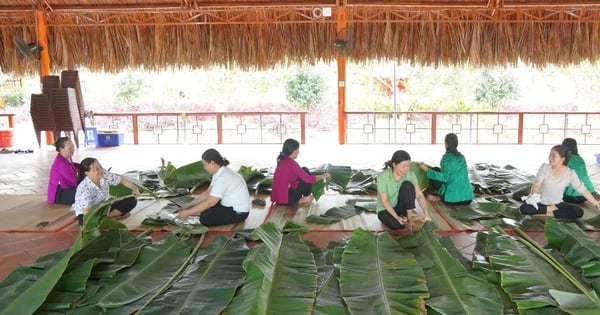




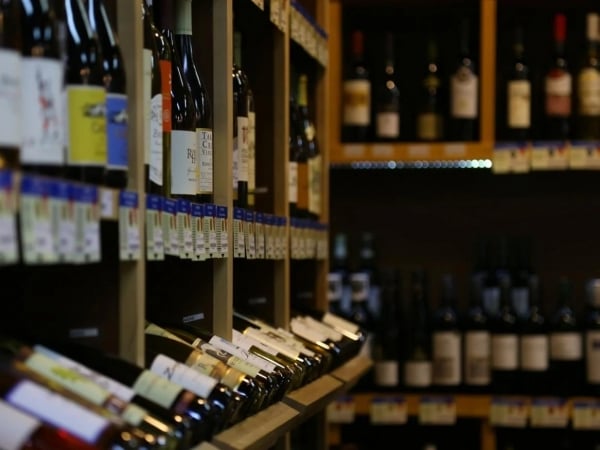
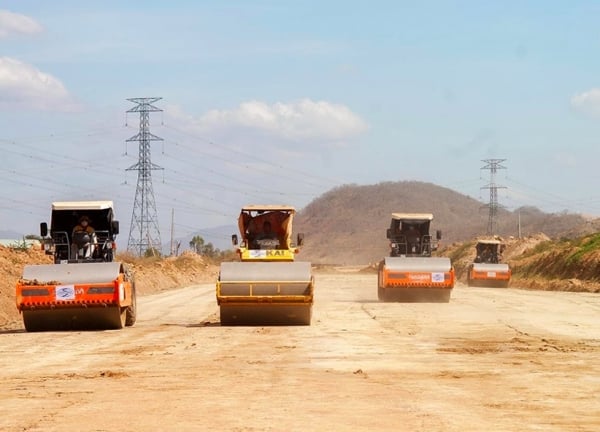
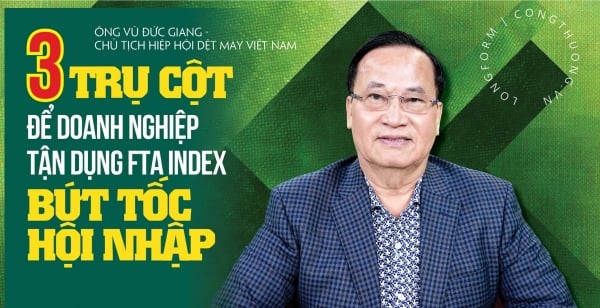
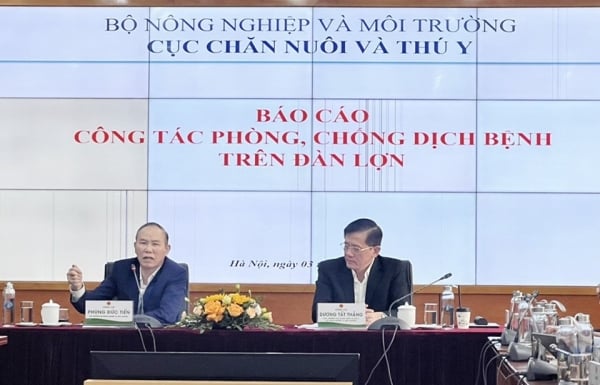
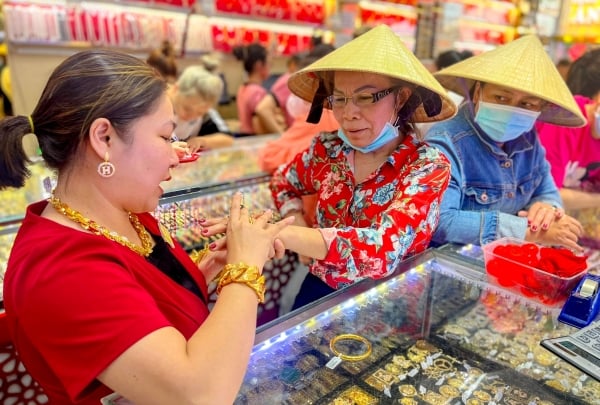














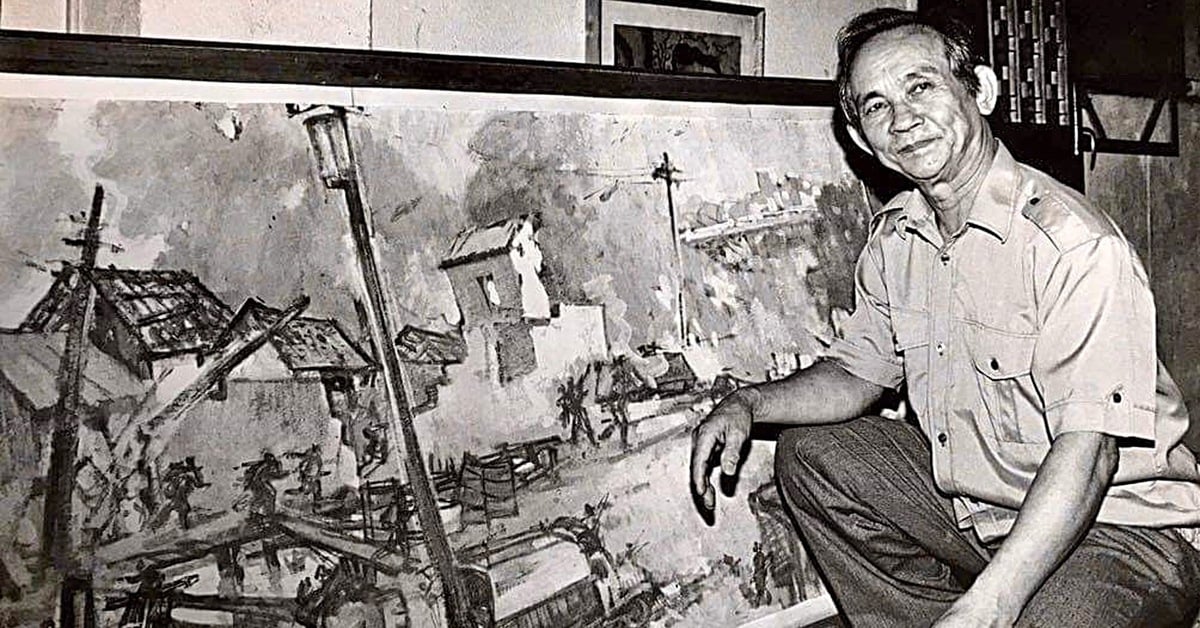
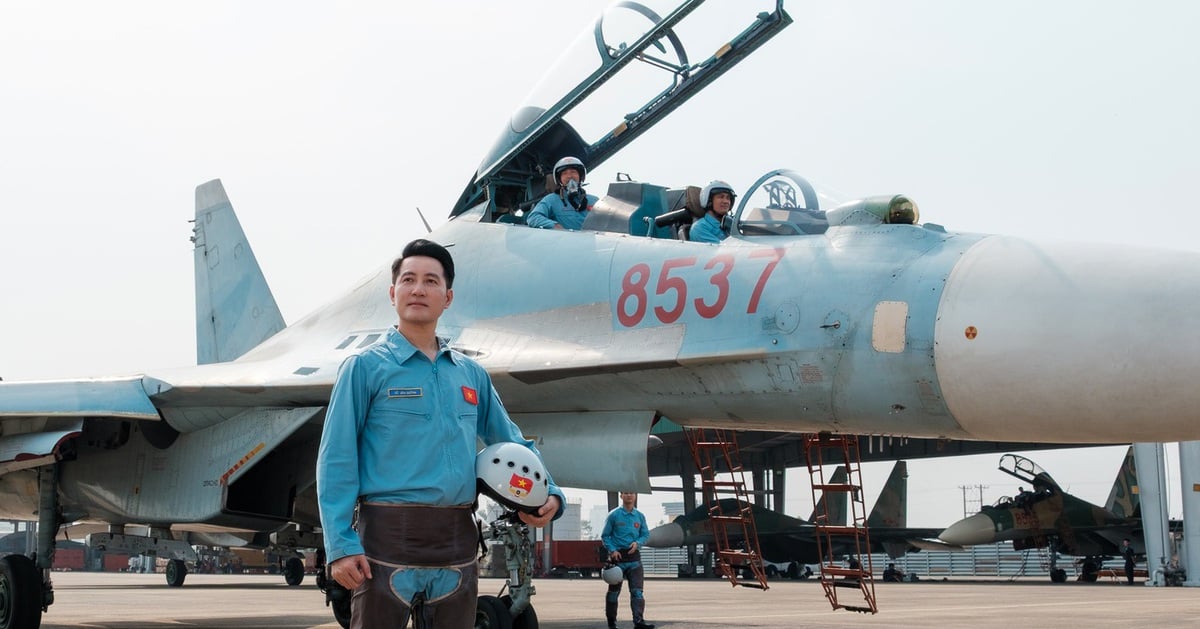














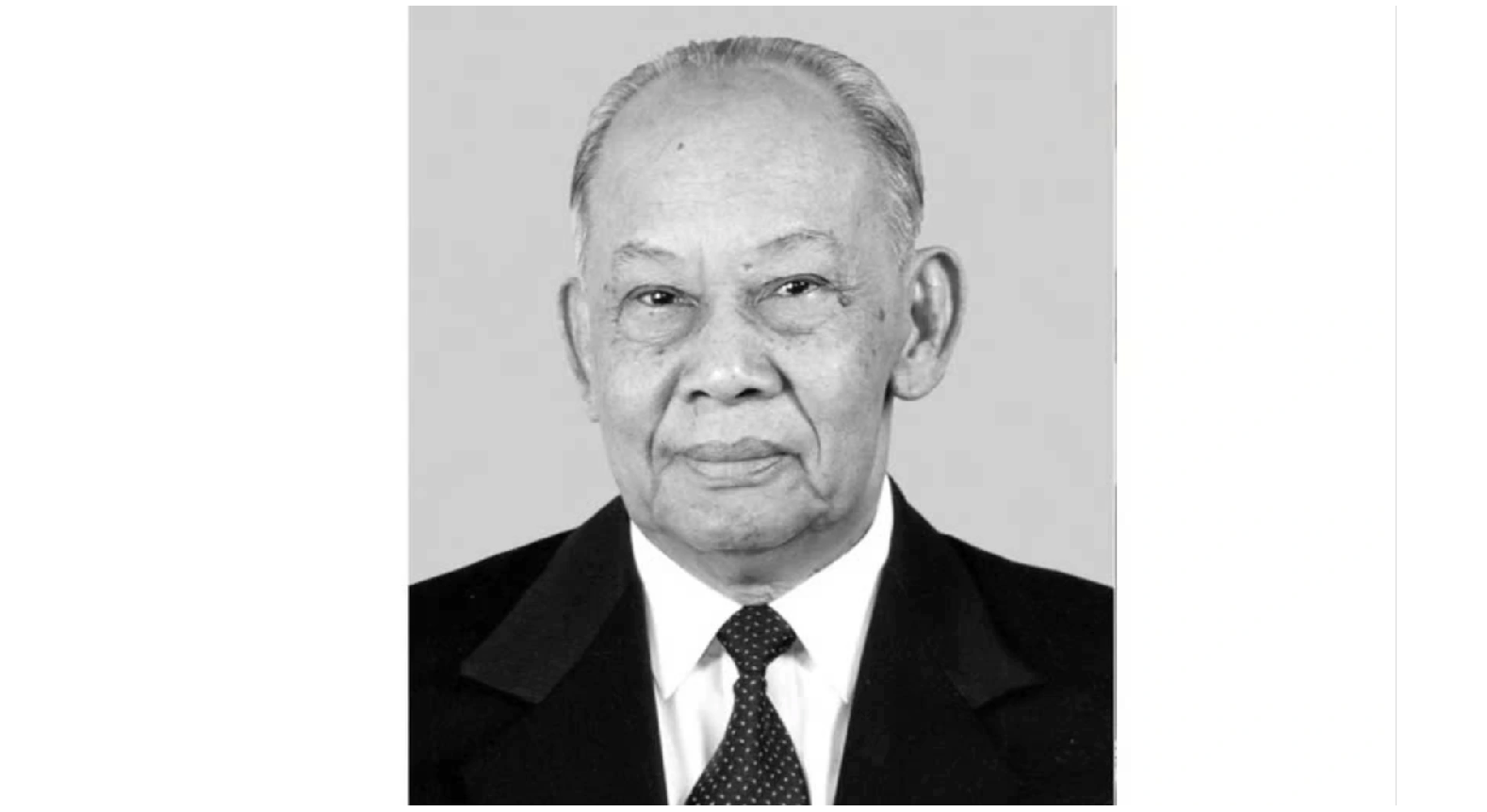
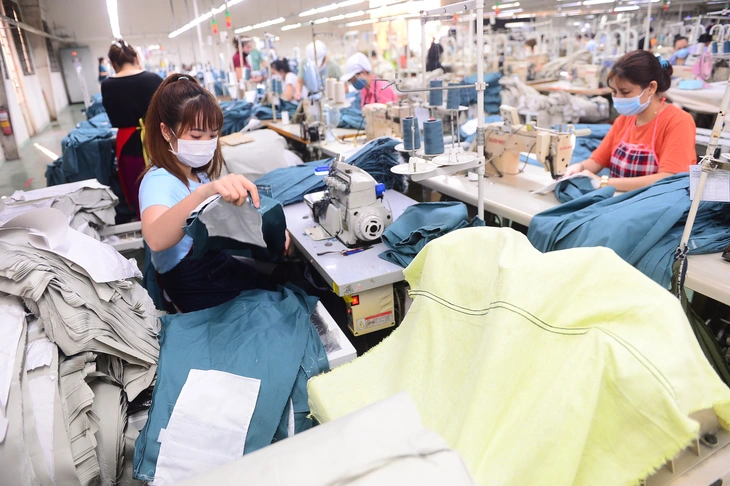
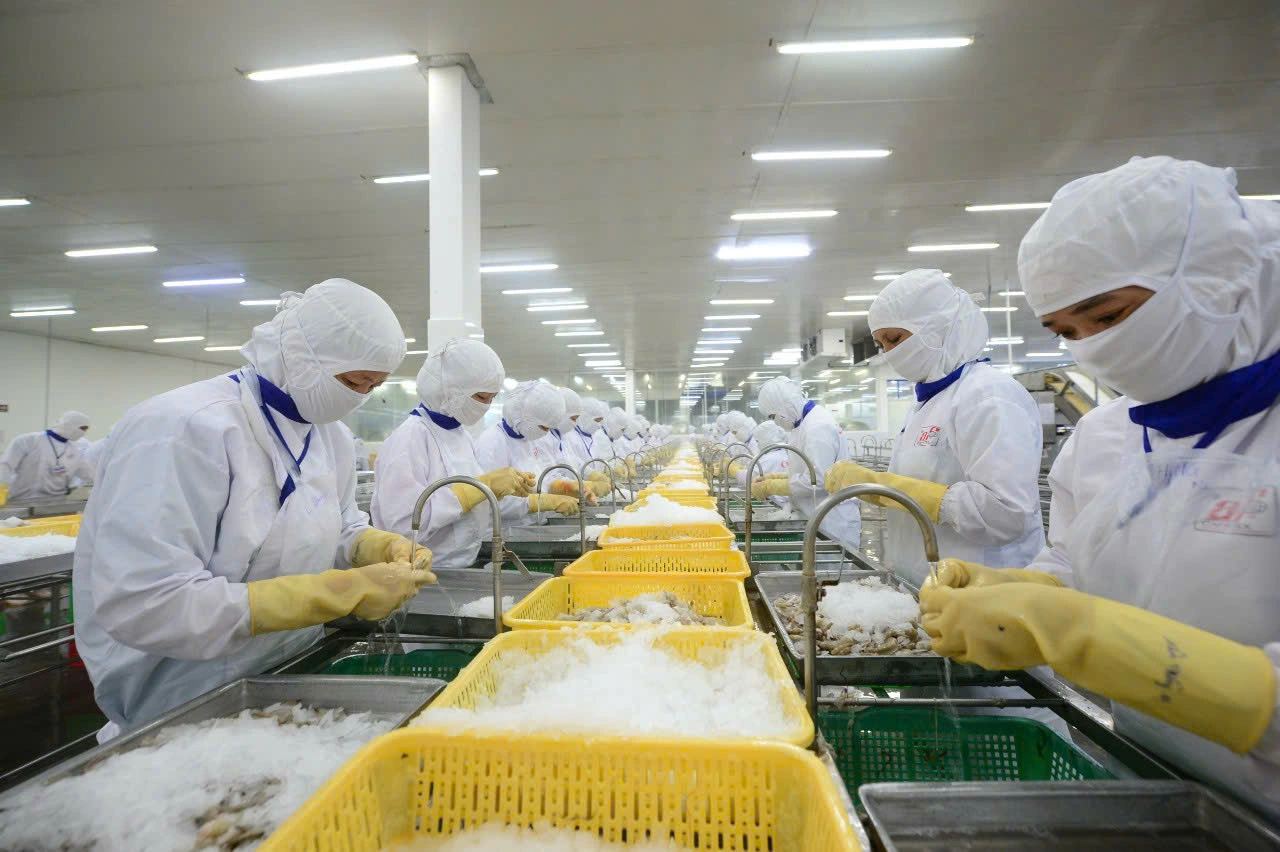


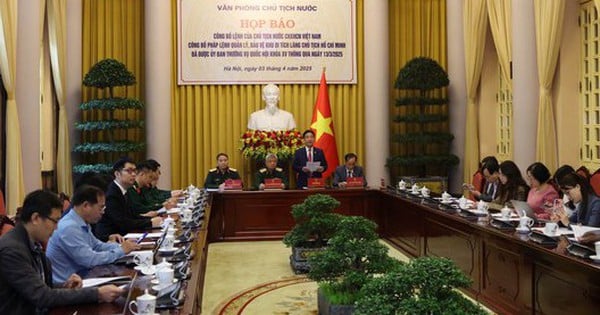



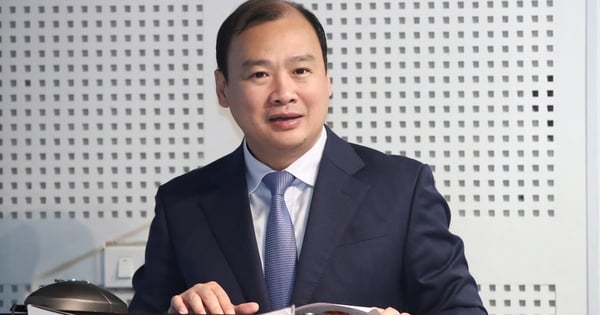
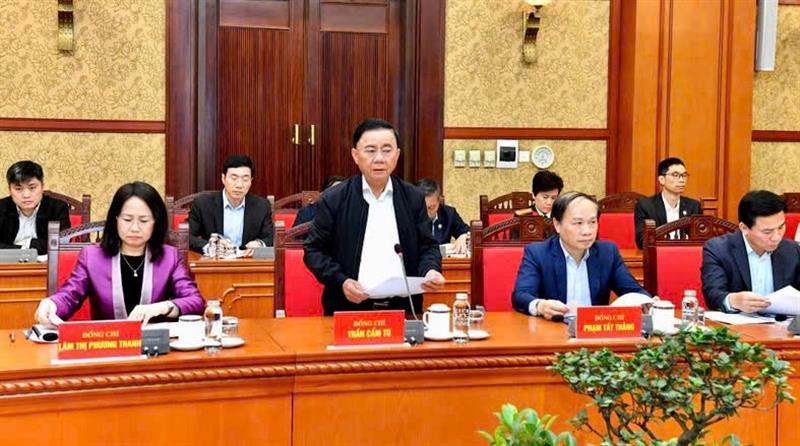


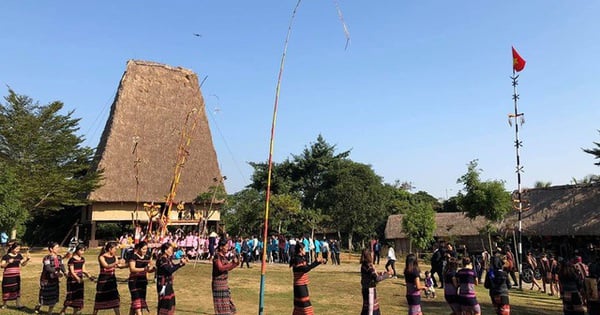
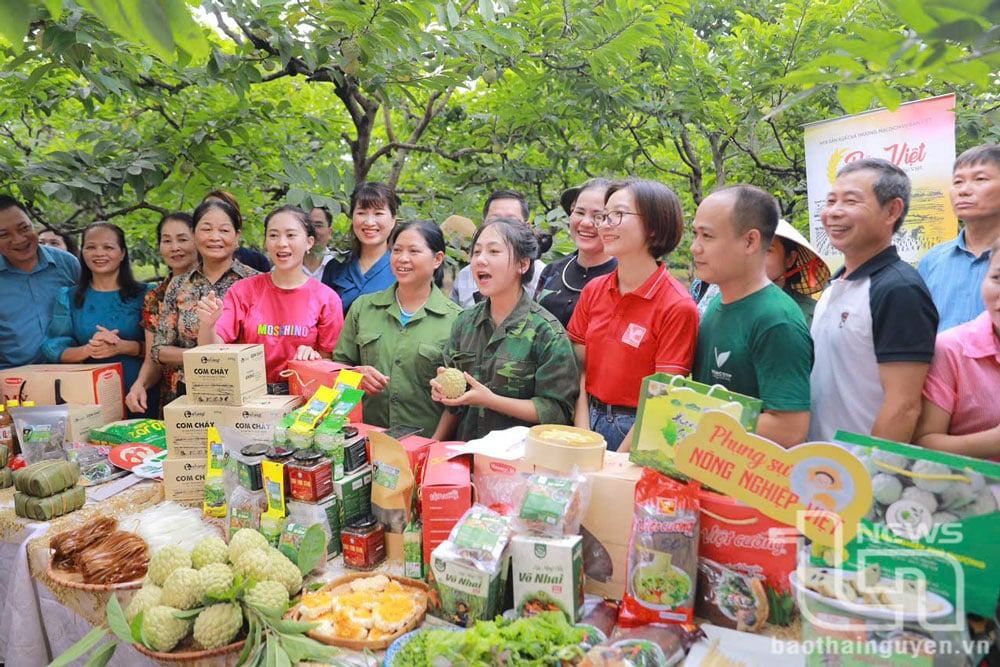
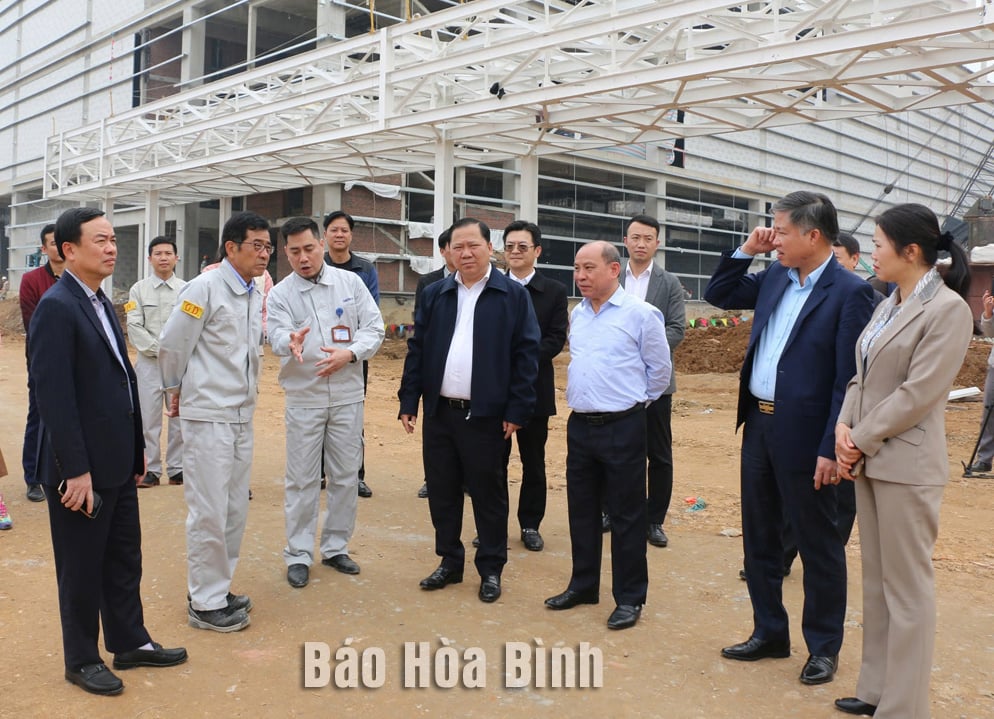
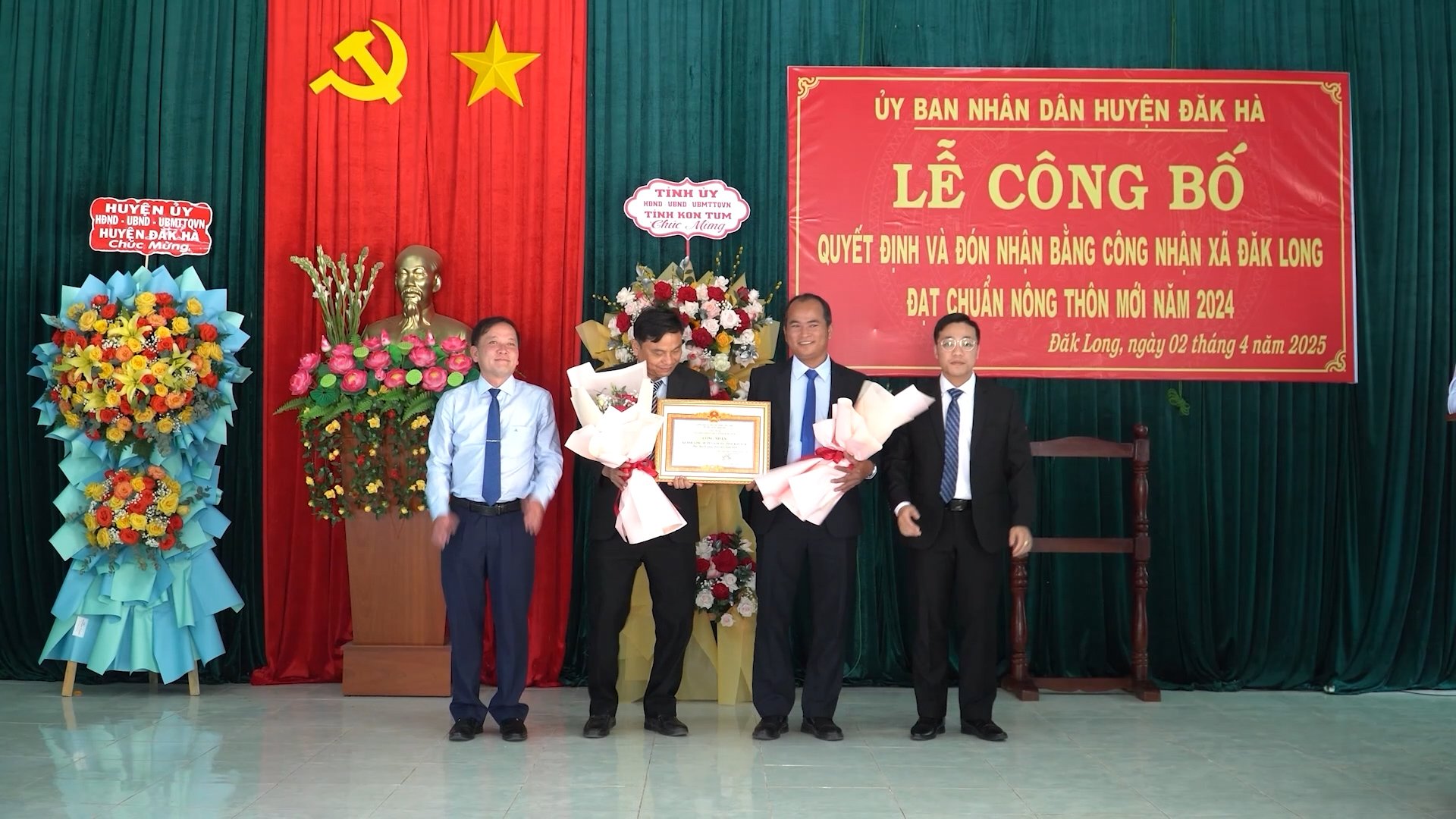
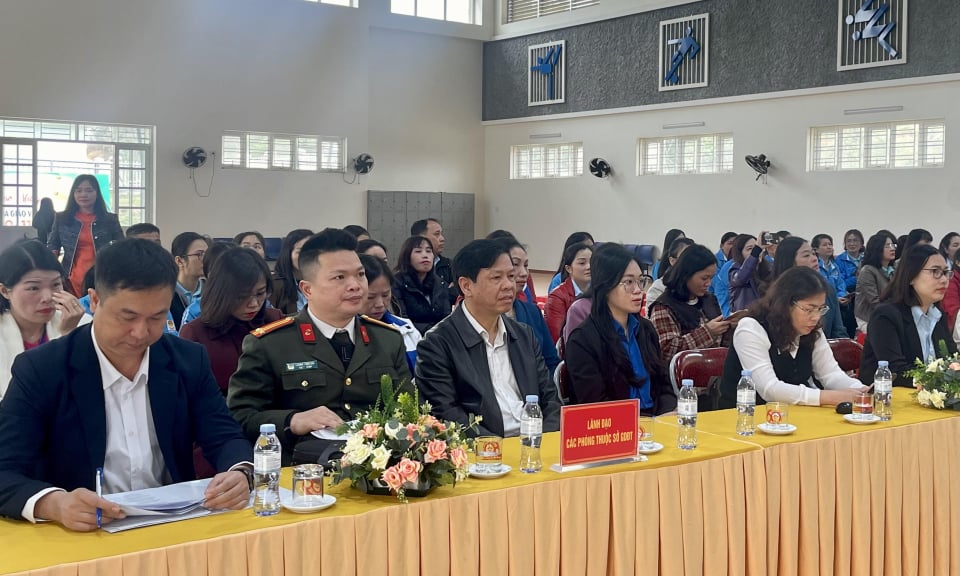

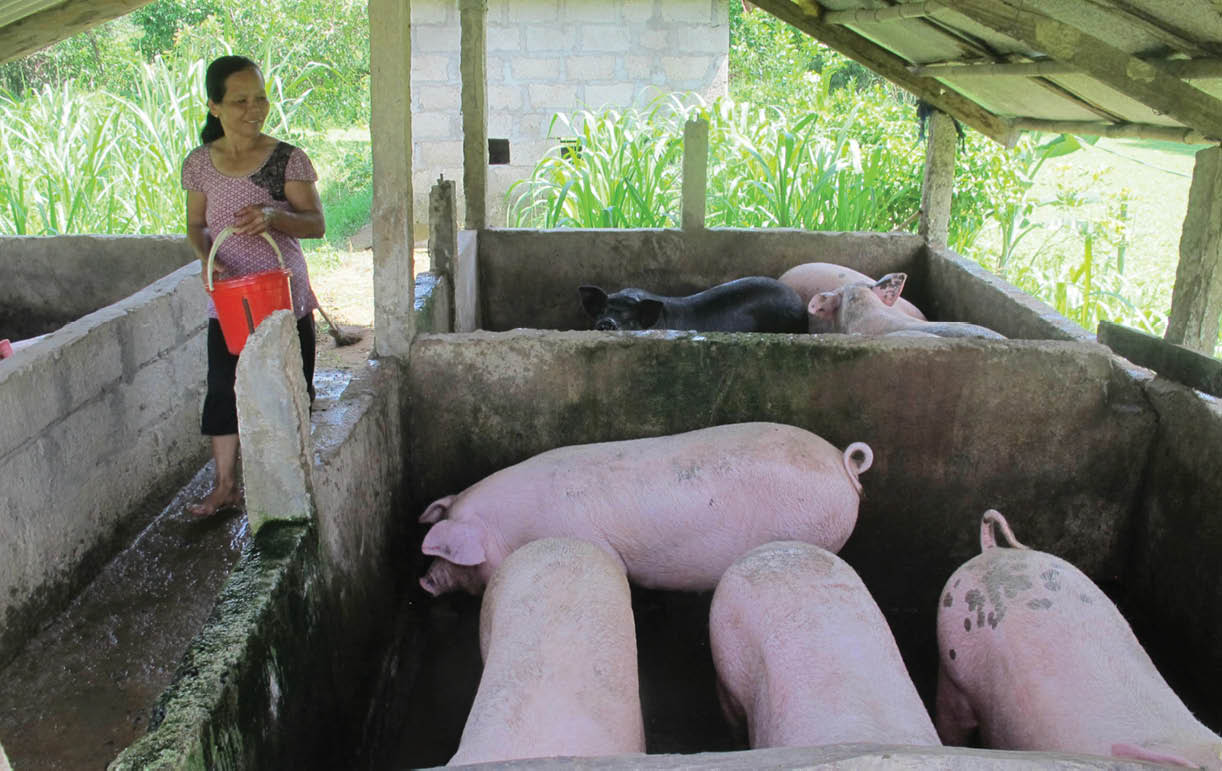

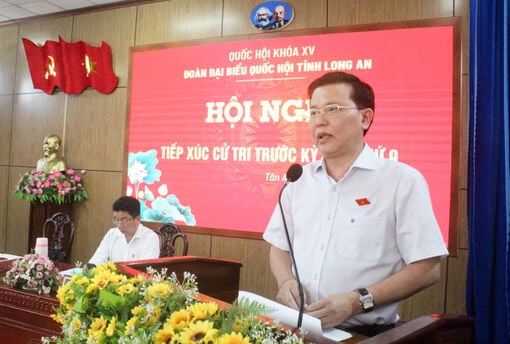












Comment (0)